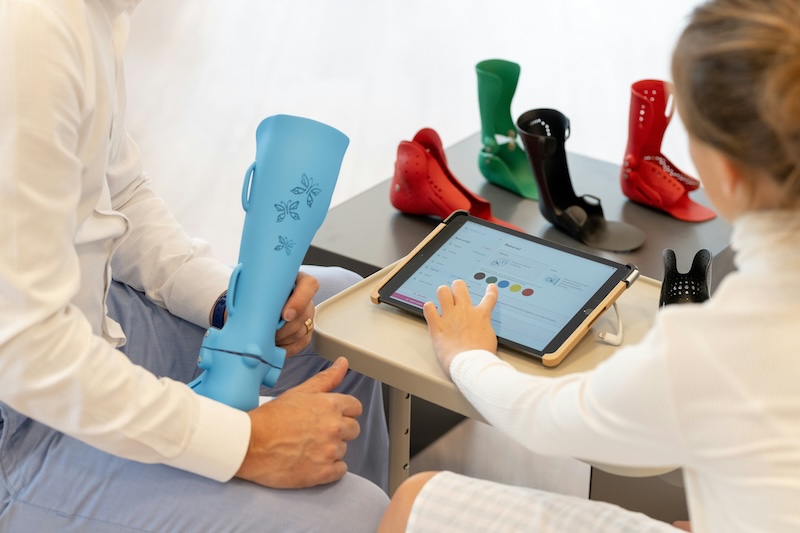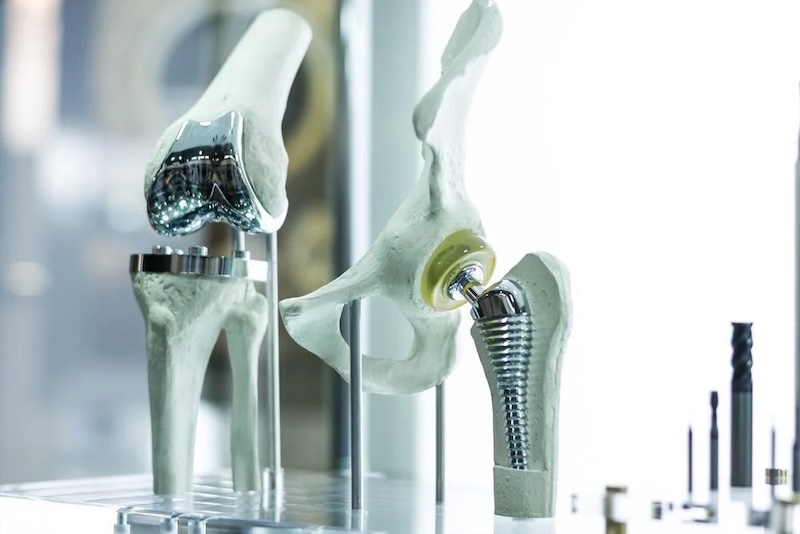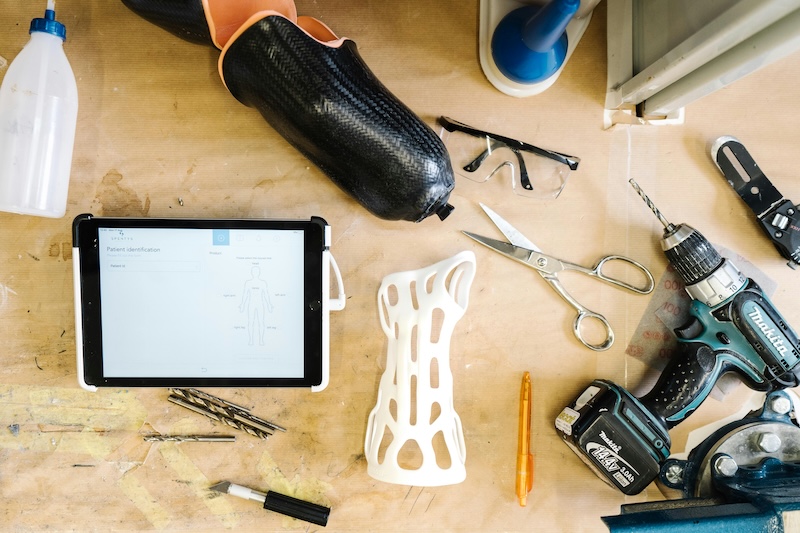Introduction: The Role of Materials in Regenerative Medicine
Regenerative medicine is revolutionizing healthcare by focusing on repairing or replacing damaged tissues and organs. Achieving these goals requires materials that support cell growth, integrate with natural tissues, and remain durable in complex biological environments. Titanium powder has become a key material, offering unique properties that make it ideal for advancing regenerative solutions.
Titanium powder is advancing regenerative medicine by enabling the creation of biocompatible scaffolds, implants, and devices that promote tissue and bone regeneration. Its adaptability to cutting-edge manufacturing processes ensures innovative and personalized solutions for patients.
Let me explain how titanium powder is reshaping regenerative medicine and its impact on this rapidly evolving field.

Why Is Titanium Powder Ideal for Tissue and Bone Scaffolds?
Scaffolds act as a framework for cell growth and tissue regeneration, and titanium powder is a perfect material for creating these structures. Its biocompatibility ensures compatibility with the human body, while its strength provides stability.
In my experience, titanium powder has been used to produce porous scaffolds through 3D printing. These scaffolds mimic the structure of natural bone, allowing cells to adhere, grow, and integrate seamlessly. The interconnected pores facilitate nutrient and oxygen flow, which accelerates healing and enhances the regeneration process.
How Does Titanium Powder Support Bone Regeneration?
Bone regeneration requires materials that are strong enough to support mechanical loads while encouraging natural bone growth. Titanium powder excels in both areas, making it an indispensable material for orthopedic applications.
I’ve seen how titanium powder-based scaffolds and implants promote osseointegration, where new bone forms around the titanium structure. This leads to stable and long-lasting solutions for patients with fractures or bone defects. Its corrosion resistance ensures that the material remains intact, even in challenging physiological environments.

How Is Titanium Powder Enabling Custom Solutions in Regenerative Medicine?
Every patient’s needs are unique, and titanium powder supports the creation of customized regenerative devices. Through 3D printing, it’s possible to design scaffolds and implants that are tailored to individual anatomy.
I’ve observed how custom titanium scaffolds improve outcomes by providing a perfect fit and reducing recovery times. For instance, patient-specific cranial implants or facial reconstruction scaffolds have been created using titanium powder, offering both functional and aesthetic benefits.
What Role Does Titanium Powder Play in Regenerating Soft Tissues?
While titanium is traditionally associated with bone regeneration, advances in surface treatments and coatings have expanded its use to soft tissue applications. Titanium powder can be used to create implants that support ligament and tendon repair.
In my work, titanium powder has enabled the development of composite scaffolds where its strength is combined with other biomaterials to support soft tissue regeneration. These hybrid structures offer the flexibility and resilience needed for successful integration with soft tissues.
How Is Titanium Powder Shaping the Future of Regenerative Medicine?
The future of regenerative medicine lies in combining materials science with bioengineering, and titanium powder is at the forefront of this innovation. Its adaptability to cutting-edge technologies like 3D bioprinting is opening new possibilities.
For example, I’ve seen early research exploring titanium-based scaffolds embedded with bioactive coatings or growth factors. These advancements enhance the material’s ability to interact with biological systems, paving the way for faster and more effective regeneration.
Claim: Why Titanium Powder Is Crucial for Regenerative Medicine
Titanium powder’s biocompatibility, strength, and versatility make it a cornerstone of regenerative medicine. Its role in scaffolds, implants, and innovative solutions highlights its transformative impact on tissue and bone regeneration.
Conclusion: Titanium Powder as a Catalyst for Medical Innovation
Titanium powder is advancing regenerative medicine by enabling the development of customized, biocompatible solutions that support healing and recovery. Its unique properties ensure that it remains a vital material in the quest to restore health and function.
Working with titanium powder has been a testament to its potential in transforming patient care. As regenerative medicine evolves, titanium powder will continue to lead the way, driving innovations that improve lives and redefine medical possibilities.






